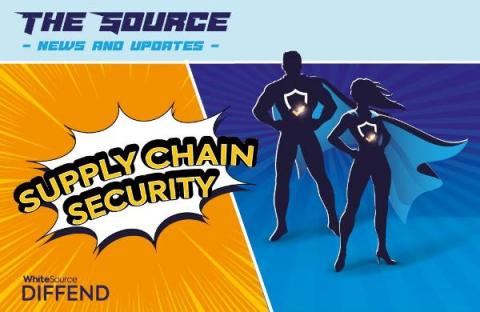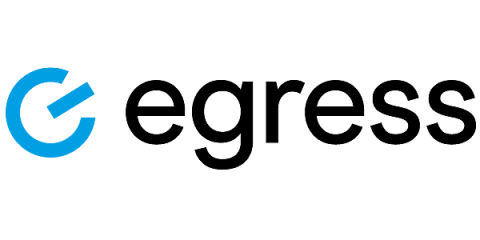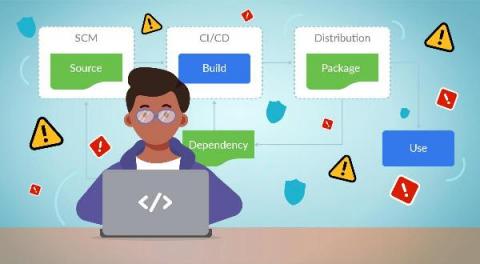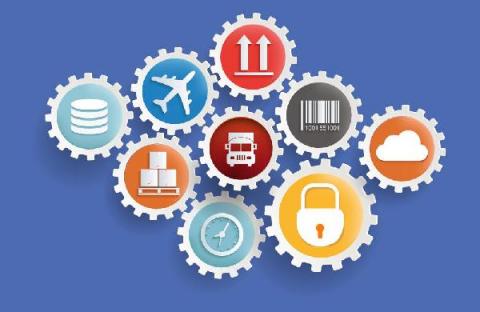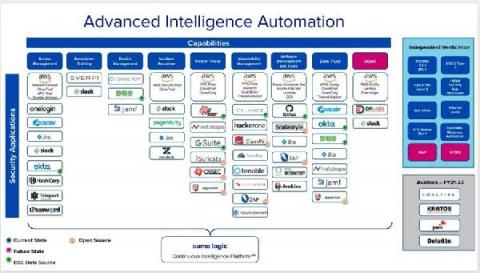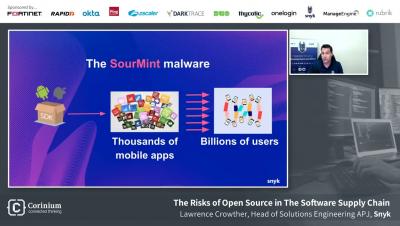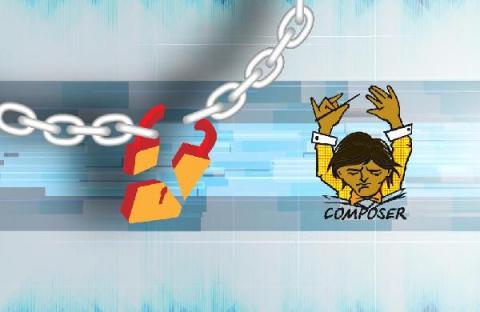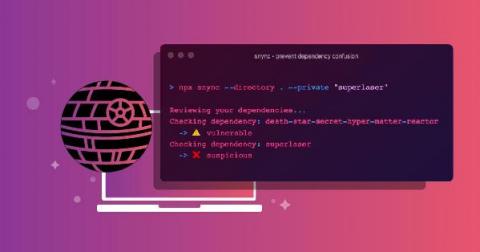Popular JavaScript Library ua-parser-js Compromised via Account Takeover
A few hours ago, an npm package with more than 7 million weekly downloads was compromised. It appears an ATO (account takeover) occurred in which the author’s account was hijacked either due to a password leakage or a brute force attempt (GitHub discussion).


